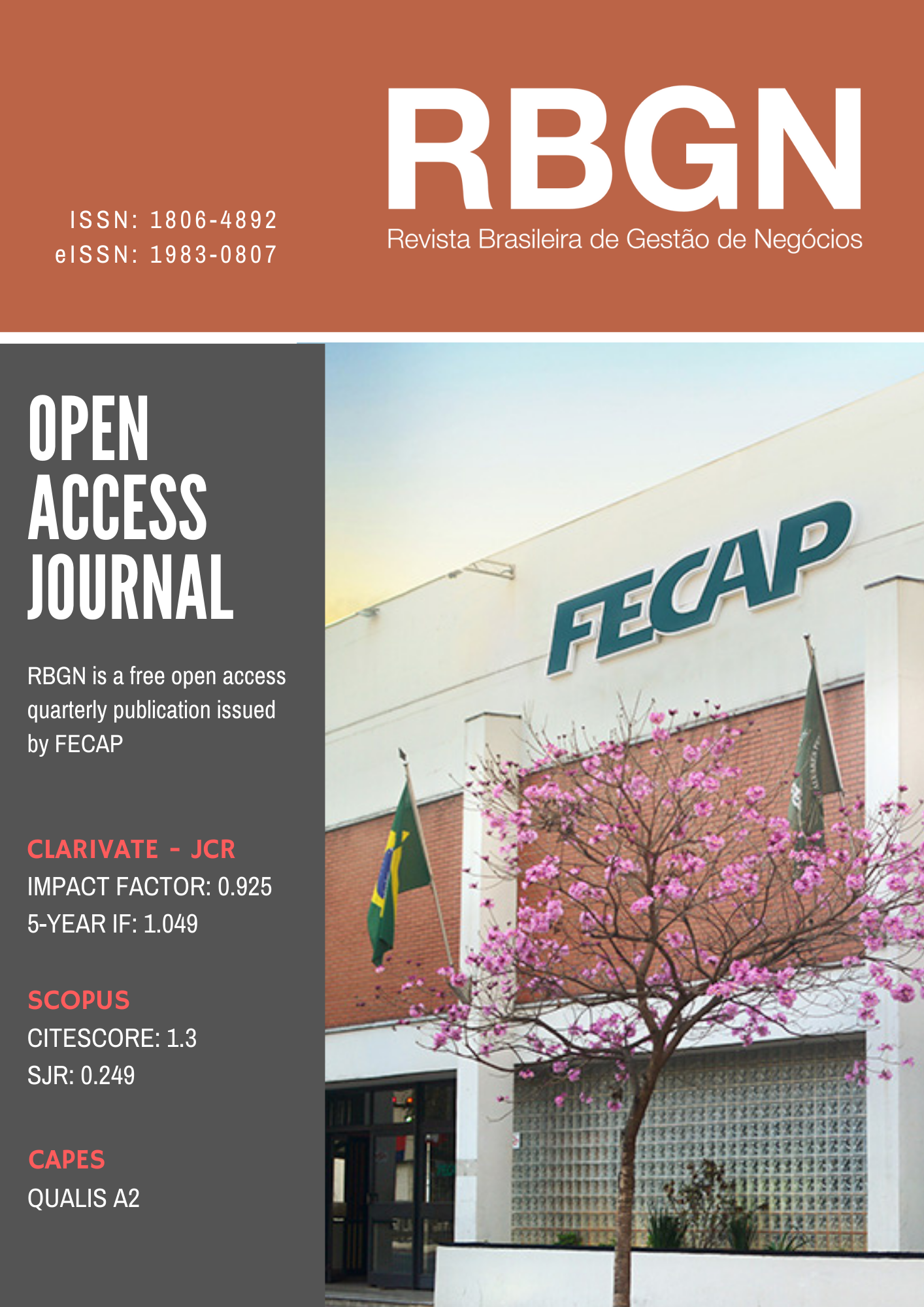Resumen
Purpose: The aim of this paper was to examine the effect of despotic leadership behavior on followers’ counterproductive behavior. It was also hypothesized that the effect would be mediated by reduced organization-based self-esteem (ROBSE) and moderated by employee emotional stability. We draw upon the conservation of resources perspective and social exchange theory.
Theoretical framework: We draw upon social exchange theory.
Design/methodology/approach: The setting of the study was SMEs (small and medium enterprises) in the Gujranwala Division of Pakistan. Time-lagged data were collected from 227 supervisor-subordinate dyads. Structural equation modeling was applied to test the direct and mediating effects. Interaction moderation was performed using Hayes’ PROCESS macro in SPSS.
Findings: The findings suggest that despotic leadership has a positive effect on counterproductive behavior. Reduced organization-based self-esteem partially mediates the influence of despotic leadership on counterproductive behavior. Similarly, emotional stability moderates the impact of despotic leadership on counterproductive behavior.
Research Practical & Social Implications: The phenomenon of despotic leadership is not new in organizations; however, it has only recently attracted interest from researchers. It is a good time to empirically investigate the impacts this leadership style can have on subordinates.
Originality/Value: For the first time, it is confirmed by our results that despotic leaders’ behavior lowers subordinates’ self-esteem and causes them to engage in counterproductive behavior, except those who have high levels of emotional stability. The study sheds light on the ill effects of despotic leaders on followers.
Keywords: despotic leadership, counterproductive behavior, reduced organization-based self-esteem, emotional stability
Una vez aprobada la publicación del artículo, el/los autor/es cede/n los derechos de copyright a la Revista Brasileira de Gestão de Negócios – RBGN.
Es OBLIGATORIO que los autores envíen a la RBGN el formulario de Cesión de Derechos de Autor debidamente cumplimentado y firmado según el modelo: [Derechos de autor]
Las condiciones de la Cesión de Derechos de Autor indican que la Revista Brasileira de Gestão de Negócios – RBGN goza a título gratuito y en carácter definitivo de los derechos de autor patrimoniales de los artículos publicados por ella. A pesar de la Cesión de los Derechos de Autor, la RBGN faculta a los autores al uso de estos derechos sin restricciones.
Los autores se responsabilizan de los textos publicados en la RBGN.
La RBGN adopta el modelo de licencia CC-BY Creative Commons Attribution 4.0, permitiendo la redistribución y reutilización de los artículos garantizando que la autoría esté debidamente acreditada.


